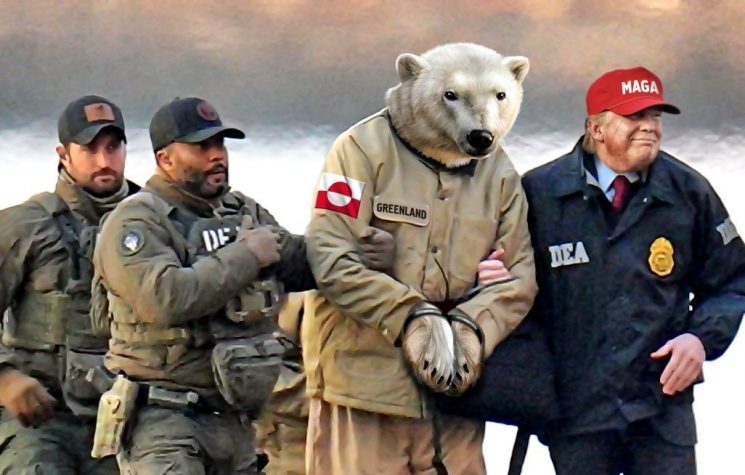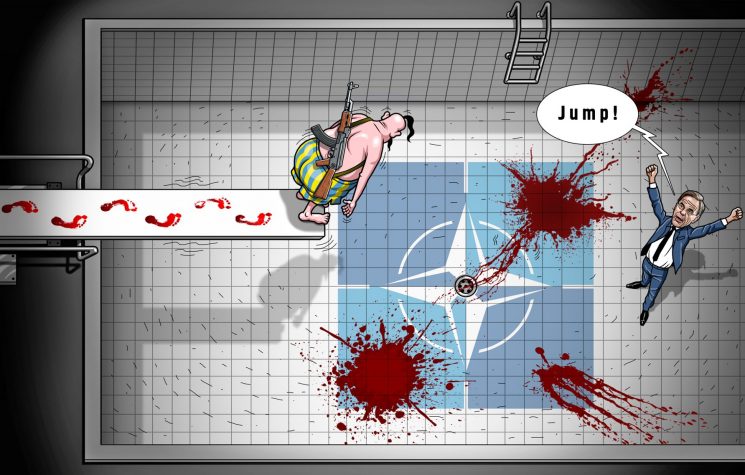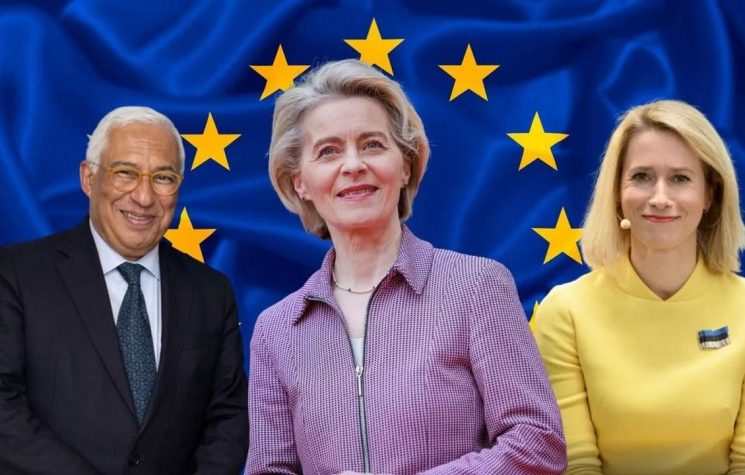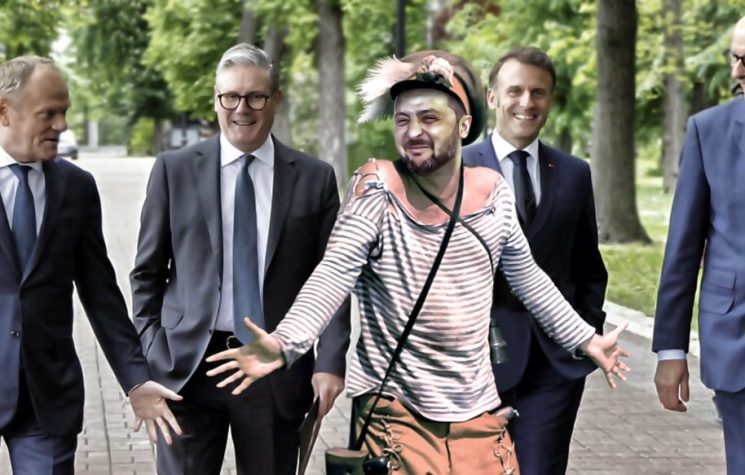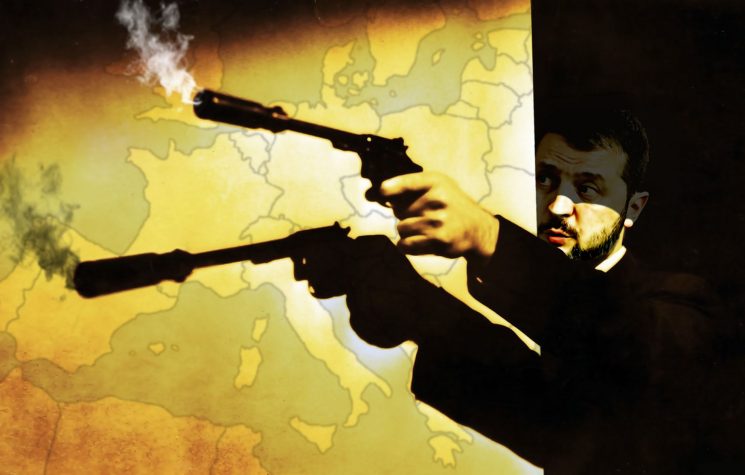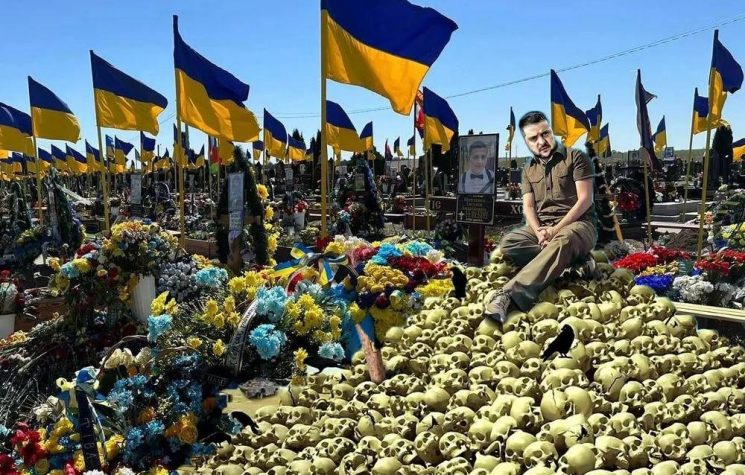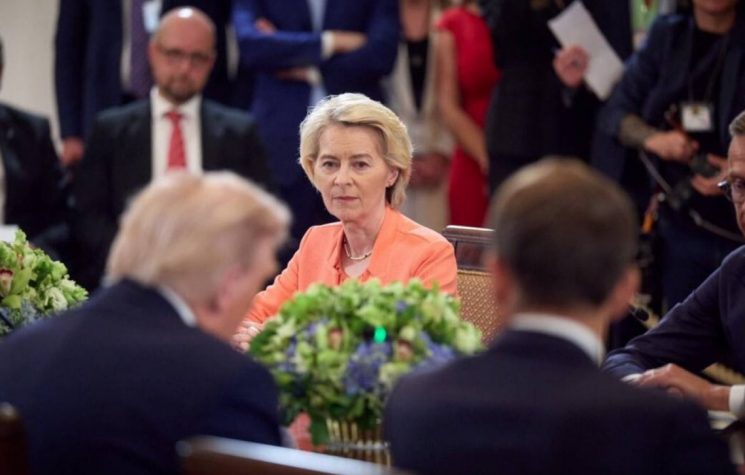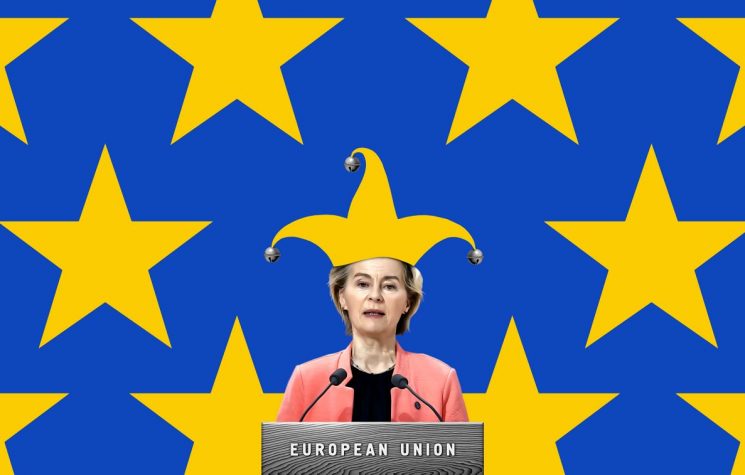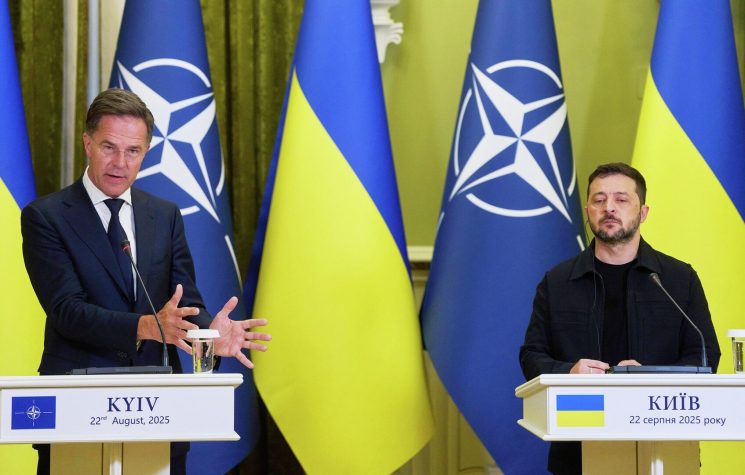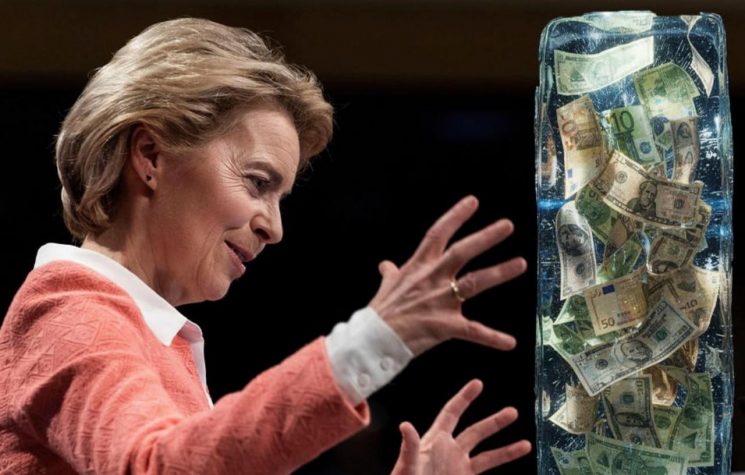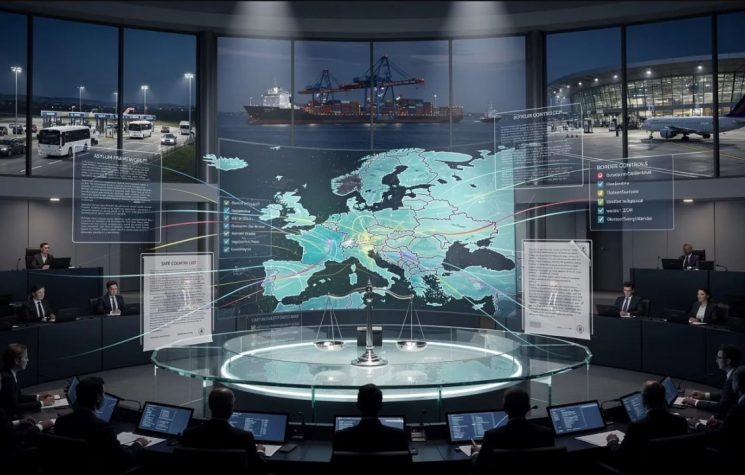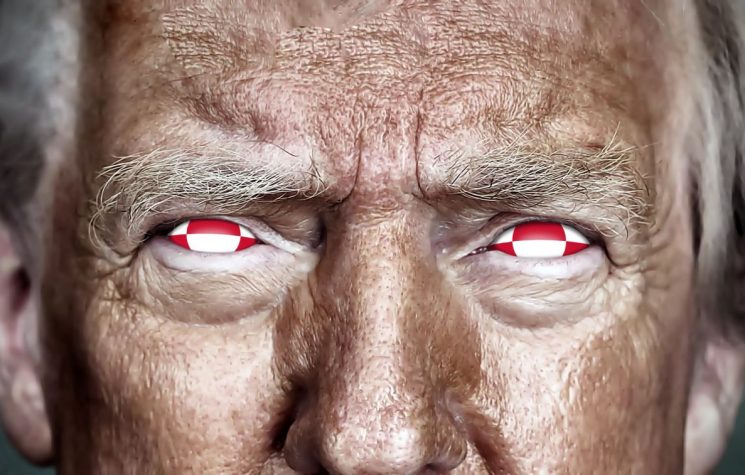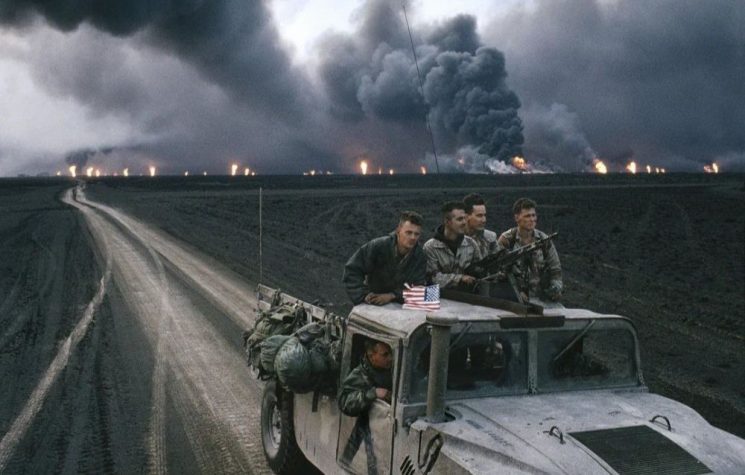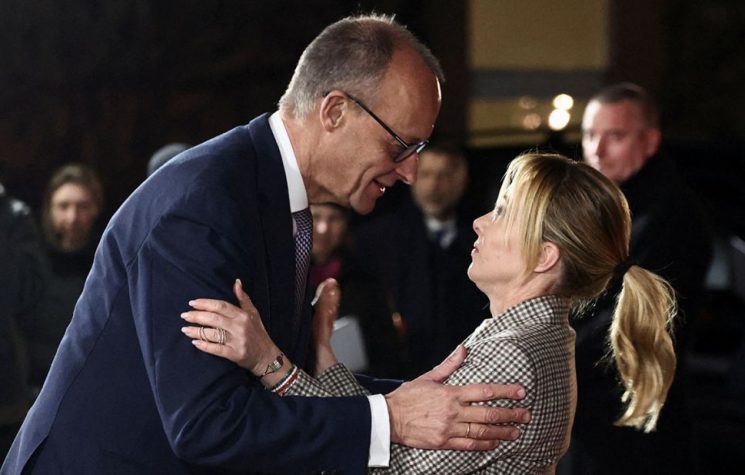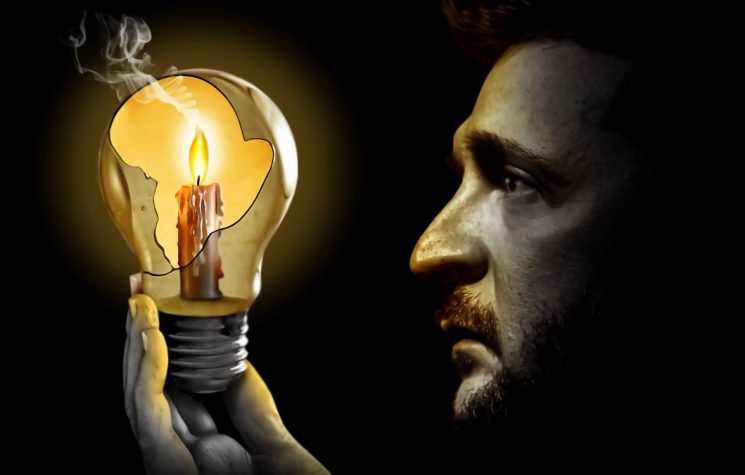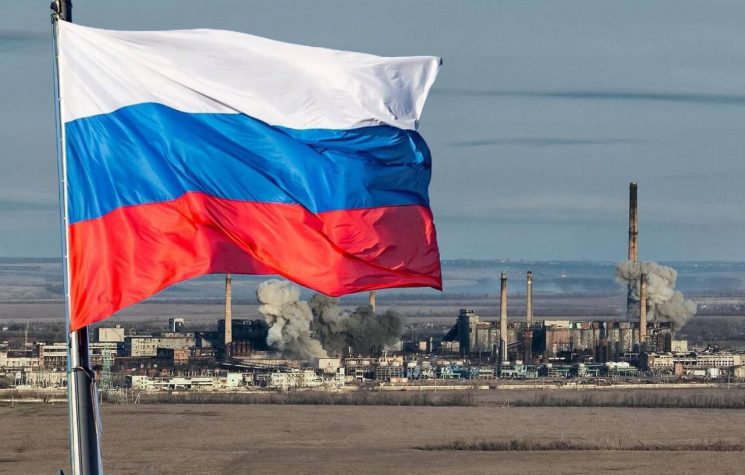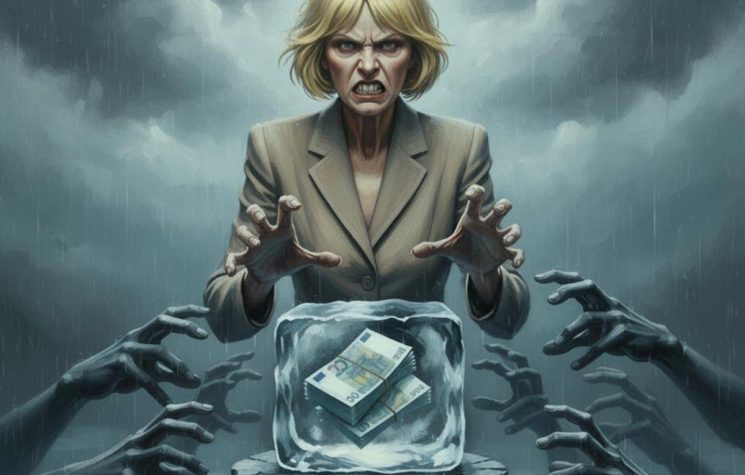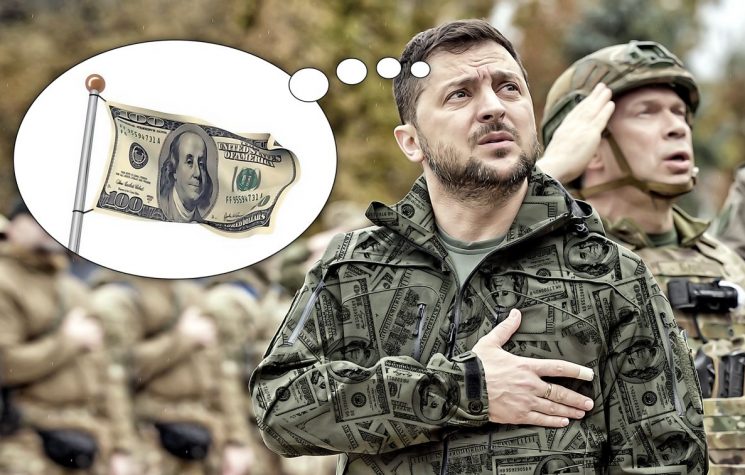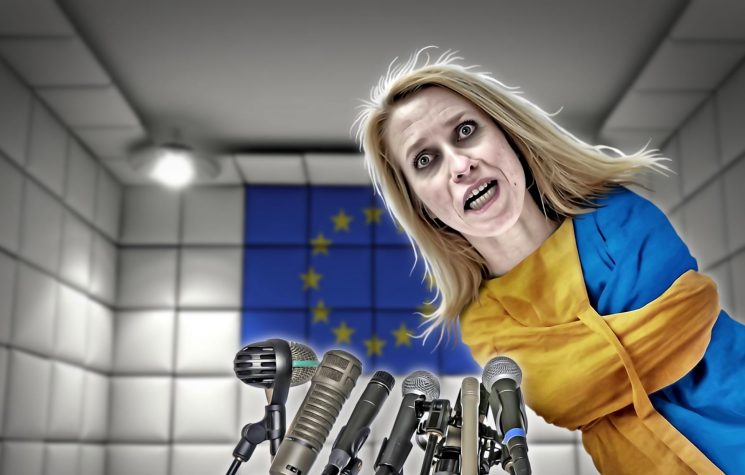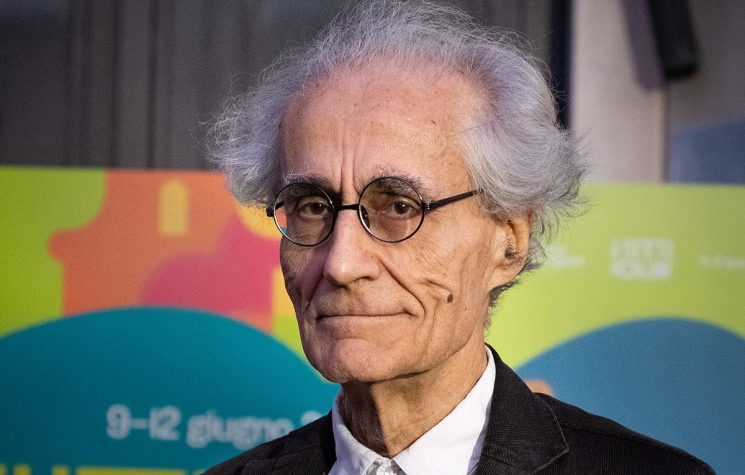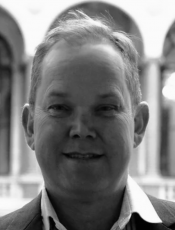Going through the same loop each day will never bring peace to Ukraine.
Join us on Telegram![]() , Twitter
, Twitter![]() , and VK
, and VK![]() .
.
Contact us: info@strategic-culture.su
In this week’s news, the coalition of the willing has committed to deploying troops to Ukraine in the event of a future ceasefire. The EU has sent a delegation to Washington DC to encourage the Trump administration to take a unified position on further economic sanctions, against Russia. President Zelensky has said that only pressure will force Russia to the negotiating table. And the Secretary General of NATO has declared that it is not for Russia to decide who can and cannot join the global military alliance.
If that sounds familiar, the headlines could have been written at any time since March of 2025 when the Coalition of the Willing was formed. Remove the Coalition reference, and the headline could have been written at any time since the war started.War
The soundtrack is on repeat. Every day Ursula von der Leyen, Mark Rutte, Friedrich Merz and others wake up to hear ‘I Got You Babe’ by Sonny and Cher on their radio alarm clocks and the loop starts over again.
The key difference between real life and the 1993 cult movie classic, is that Bill Murray continually changes his daily routine to get what he wants, to win the affection of Rita, played by Andie McDowell. The only thing that doesn’t change is the ringing of the alarm clock.
In the case of the Coalition of the Willing and President Zelensky, their objective is to force President Putin to back down from his core demand in respect of the Ukraine war, that NATO obtain any sort of foothold in Ukraine. Unfortunately, unlike Bill Murray, they do the same thing day after day in the hope of a different result.
The reason this won’t work, is that Putin has now been talking about NATO enlargement since the 2007 Munich Security Conference, 18 years ago. Let’s take a look back over a shorter, eleven year horizon.
Back in 2014, just eight months into the Ukraine crisis, veteran BBC correspondent John Simpson visited Moscow where, among other things, he interviewed President Putin’s Press Spokesman, Dmitry Peskov. You can still find online, and I’d encourage you to watch it.
There are two critical passages from Peskov in his interview.
In the first, he said. ‘We’ll continue to make it much more tense, as far as our national interests are concerned. The longer our national interests will be endangered, the longer we will continue to reply. This does not mean that we want a cold war. It means we want our counterparts to understand that we have our red lines.’
The message, loud and clear, was that in the face of continued pressure to push Ukraine into NATO, President Putin would continue to respond harshly to prevent his red line being crossed.
That position has never changed in the intervening 11 years and there is not a scrap of evidence that it is likely to change.
During the Simpson interview, he goes on to say, ‘We would like to hear a 100% guarantee, that no one would think about Ukraine’s joining NATO.’
Fast forward almost eleven years, and the BBC’s Steve Rosenburg this week interviewed Peskov in the margins of President Putin’s yearly Eastern Economic Forum in Vladivostok.
‘The main reason of the conflict was the attempt of NATO to infiltrate into Ukraine, thus endangering our country.’
Call it Kremlin talking points, historical grievances, or demands that he has no right to make. But unfortunately for Ukraine and its western backers, Putin has shown himself willing to go to war to uphold this single demand and he enjoys the domestic political support in Russia to do so. Moreover, Russia has far deeper pockets of financial and human reserves than Ukraine has, and Ukraine’s western backers have shown themselves progressively less willing to make up the difference.
In this week’s instalment of Groundhog Day, the coalition of the willing announced a commitment by 26 nations to deploy troops to Ukraine to police any postwar settlement. President Putin then responded to say that any western, read, NATO troops in Ukraine would represent ‘legitimate targets’ for Russia’s armed forces.
Anyone who believes Putin is bluffing has been living in a cave for eleven years.
In any case, the idea itself is absurd, and must be called out as such.
Ukraine has almost 900,000 active military personnel, apparently. That’s more than the combined total of active military personnel in Poland, France, Germany, Italy and the United Kingdom. Italy and Poland have been quite clear that they aren’t sending troops to Ukraine. Friedrich Merz, who appears in no hurry to end the war, has now ruled out sending the Bundeswehr. Britain has been sucking its teeth about sending even 10,000 troops. And there has been one big zut alors from the French, who are in the teeth of possibly their third change of government this year.
What would this reassurance force actually do, apart from encourage President Putin to keep fighting?
Foreign troops in Ukraine do not represent a vehicle to end the war, they represent a ploy to maintain the war. This may serve Zelensky’s interests and those of unhinged figures in the European system such as Kaja Kallas. But I doubt that, given the democratic choice, most European citizens would agree that a wider war between NATO and Russia was a good idea, given the risk of nuclear escalation. And not least at a time when it is far from certain that U.S. troops would deploy its conventional ground forces to support any war.
Yet fear not, the EU has deployed another delegation to Washington DC to try to get President Trump alongside in imposing further sanctions on Russia. That in itself is ironic during a week in which the Belgium Foreign Minister has effectively vetoed the handing over of Russia’s frozen assets. Amid signs of increasing concern among MAGA republicans that the Europeans are simply keen to keeping the war going, Donald Trump would be well advised not to agree.
Rather than seeking that which it will never be able to deliver – President Putin backing down from his red line of Ukraine’s NATO membership – the Coalition of the Willing needs to decide what it wants for Ukraine itself.
Stationing NATO troops in Ukraine is the antithesis of security guarantees, and battering on with sanctions will not bring Putin to the table.
Security guarantees must mean just that. Guarantees from western nations to come to Ukraine’s aid in the event of a future attack by Russia.
There is no reason to believe that a peace deal that led to Ukraine’s neutrality would result in a future war, but it is nonetheless important for the Ukrainian people to have this cast iron assurance.
Another security assurance should be clarity on when and under what terms Ukraine might join the European Union. President Putin has said he does not oppose this.
The real challenge, I suspect, is that several European nations are far from enthusiastic about Ukrainian membership. There are several reasons, including the vast cost, the impact this will have on the subsidies that existing members receive, the need for massive structural and legal change to the budgetary settlement of the EU which may encourage some members – notably France – to look for the exit, and the massive domestic political upheaval to mainstream elites.
I’ve said all this before. At times, it feels like I wake each morning at six to Sonny and Cher on repeat. As Bill Murray says in the movie, ‘there is no way this winter is going to end as long as this groundhog keeps seeing his shadow.’
When they wake up tomorrow, I’d encourage European leaders to come up with a different approach. Because going through the same loop each day will never bring peace to Ukraine.












